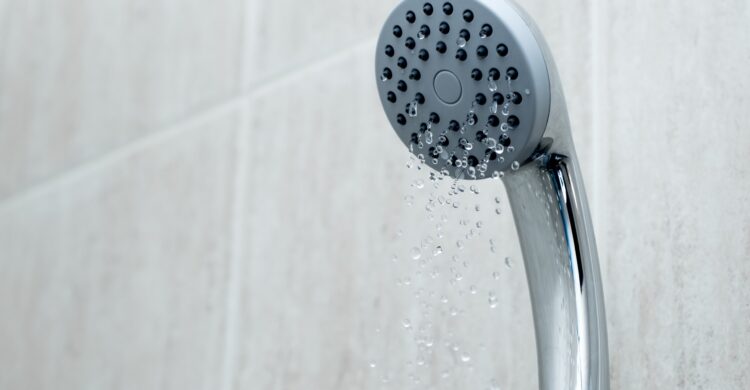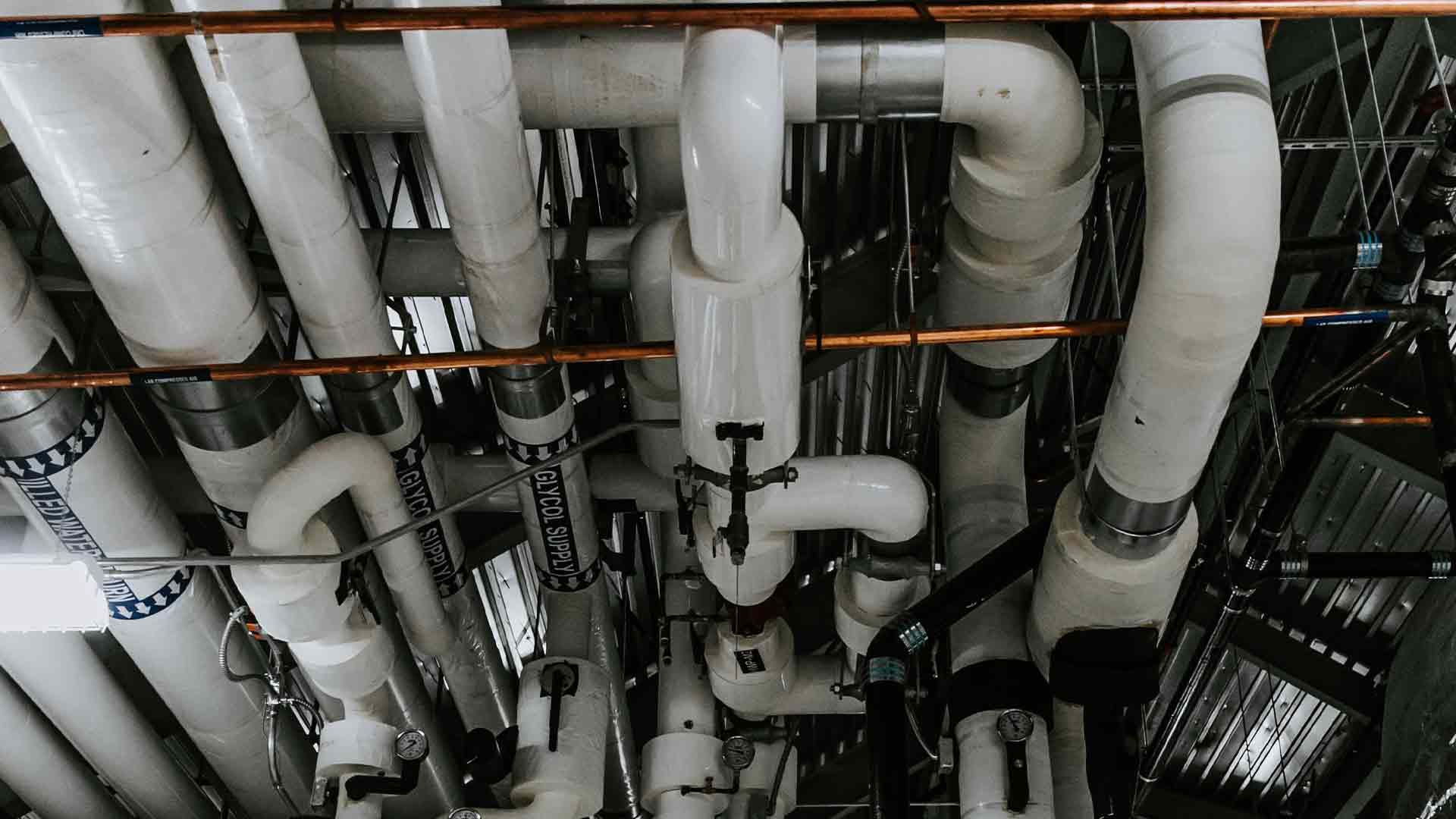
Common Causes of Low Water Pressure
When you turn on your faucet, shower, garden hose, etc., you expect a consistent, powerful flow of water. When, instead, you receive only a trickle or a noticeable dip in pressure, it not only makes your life more difficult but it also makes you worry about the reason why the pressure has dropped. And you’re right to worry because the reason for a lack of pressure could mean you need a professional repair – or it could mean a simple fix you make yourself.
So how do you tell the difference, and what do you do if it is, indeed, a serious issue? Let’s look at your options and discuss common causes of low water pressure and shed a little light on the subject. We’ll identify the simplest causes first and show you how to correct them. But first, let’s examine what kind of water pressure issues you’re facing.
What exactly is the problem?
Is the water pressure low in your entire home? Or is it a single fixture that’s struggling? Once you determine the answer, move on to the next phase.
Whole home low water pressure troubleshooting
If it is your whole home, the correction can either be simple – or completely out of your control. To determine which, check with your neighbors and see if they, too, are experiencing problems. Or you check your local news outlet or media feeds and see if there is a water main break or water service interruption ongoing. If there is a municipal water problem, you will simply have to wait for them to fix it, and the problem is out of your hands. But if that is not the case, then it may be an easy fix for you.
If your whole home has low water pressure, but there are no known municipal outages, it may simply be a case of a partially closed water shutoff valve. Locate this valve – it will be near the main, where the pipes that lead to your house meet the municipal pipes that come in from the street – and check to see that it is all the way open. (It may have been accidentally reduced during any home improvement projects). If you cannot find this valve, you may need to contact a professional for help locating it.
If the valve is not the problem, it could be an issue with the water main itself. Check your main for signs of leaks or wet spots (it should be dry to outside appearances). If you cannot find an issue here, the issue could be a busted, corroded, or clogged pipe in the main plumbing leading into your home from the street. If that pipe is busted, you will most certainly see signs in your yard/property – as it water will well up through the ground or even possibly be flooding into your basement/crawlspace. A burst pipe like this requires immediate and professional attention. And before you even call a plumber, go to that big valve at the street and turn it off to end the flood of water onto your property.
Pipes in the yard are especially vulnerable to root incursion from trees and plants, and older homes may have pipes made of older materials that naturally degrade and fail. You should also look around your home to see if you notice major leaks in the walls, floor, or ceiling, as they could indicate a broken pipe that is affecting water flow throughout your property.
If you are not on a municipal water system and utilize a well, you should be wary of the age of the pump in your well. These pumps can fail – they have a working life of around 8 to 15 years – and must be professionally serviced every 1 to 3 years and, of course, replaced when they reach the end of their working life.
Unless you can open your main valve and solve your problem, we suggest you contact a professional plumber to help with any other issue you may face with whole home water pressure.
Single fixture troubleshooting
If your low water pressure concerns one fixture only, there are several possible outcomes – some of which you may be able to correct on your own.
Sink faucets and showerheads
If you experience low water pressure from a sink faucet or shower head, the fixture itself may be clogged. Dirt, calcium, lime – all sorts of tiny particles flow through even the cleanest water systems. And these can build up and clog the openings in faucets and shower heads. Sometimes they can clog the plumbing as well and necessitate the replacement of piping or gaskets. More often, however, you can simply clean out the opening of the fixture and achieve full water flow again.
Many sink faucets have an apparatus called an aerator at the tip, which is prone to becoming clogged by any grit or debris in your water system. The aerator can be unscrewed and cleaned (use a vinegar and water solution) and generally restore an immediate full flow to the faucet.
In the case of shower heads, you can try unscrewing the unit and cleaning it in a similar fashion – soak it in vinegar and water – and see if that cures the issue.
If these tricks do not fix your water pressure – and especially if the fixture is older – it may be that the entire fixture has failed and needs to be replaced. Depending on your understanding and self-confidence, you can replace most fixtures with a trip to a home improvement store and some elbow grease. However, if you are not comfortable in doing so, do not attempt to replace a broken fixture on your own, as you could end up causing more damage in the process – and giving yourself an even bigger headache than you’re already experiencing.
Toilets
If you are experiencing low-water problems in your toilet, make sure that your supply valve (located at the base of the toilet near the wall) is fully turned on. If it is, your fill valve could be the culprit – which means it will need to be replaced. For a more complete look at toilet troubleshooting, click here.
The final issue you may experience is low water pressure in your hot water only. If you are not receiving full water pressure when using hot water, it could be that your hot water heater is struggling and is about to fail.
Hot water heaters
Hot water heaters typically last between 8 to 12 years and will begin to show signs of failure – such as low water pressure – when they are close to dying. So, if you are in this situation, be prepared to replace the entire unit. We recommend that you professionally replace your water heater. However, you may also purchase replacements at home improvement stores and do the job yourself. Again, this should only be attempted by someone with experience and understanding of plumbing.
If you find yourself experiencing low water pressure with no simple fixes on hand – or worse, an obviously broken plumbing system and flowing water in your home – please contact a professional immediately. Understand that the pros at Conditioned Air Systems are here and ready to help whenever you need us.
Our team will happily tackle any job, no matter the size or situation. And you can expect our plumbers to:
-
- Arrive on time
-
-
- Install it or repair it right, the first time
-
- Give you a fixed price with no hidden surprises
-
-
- Be friendly and professional
-
-
Just like our HVAC services, we offer 24/7 and emergency plumbing services to attend to your every need.

